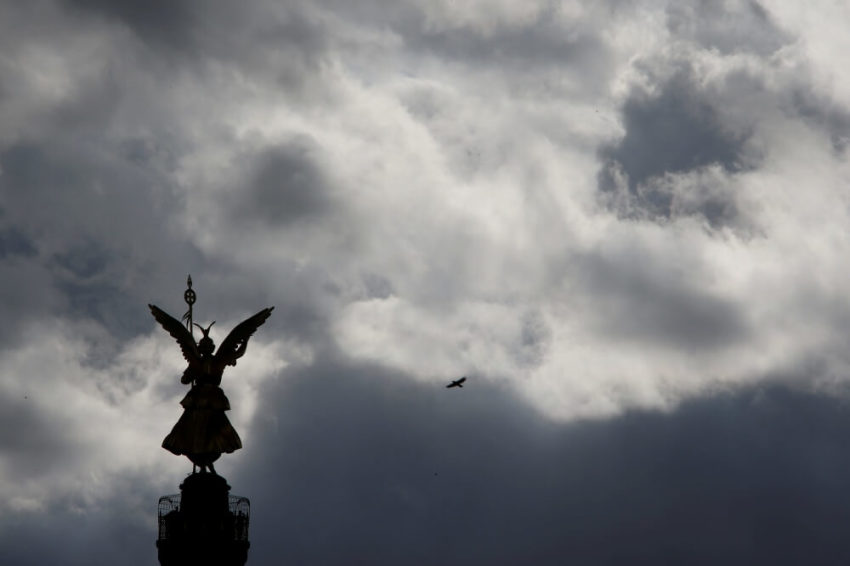Did the Earth Really Go Dark After Christ's Crucifixion? Christian Apologist Lee Strobel Answers

Did the Earth really go dark during the crucifixion of Jesus Christ? Christian Apologist Lee Strobel answers this question by using sources outside of the Bible that confirm historic accounts found in Scripture.
In his newly revised New York Times best-seller, The Case for Christ: A Journalists's Personal Investigation of the Evidence for Jesus, former Chicago Tribune journalist-turned-Christian apologist Lee Strobel tackles doubts about whether the Earth actually went dark — a question sometimes lobbed by skeptics and atheists alike, Strobel having once been among them.
Many details surrounding Christ's crucifixion are often disputed by some non-believers who ask such questions as: who rolled away the stone of Christ's tomb; who was present upon the discovery of His resurrection; how did the discoverers spread the Good News, or whether they had even shared it at all. So it comes as no surprise that the question of whether or not the Earth went dark during the crucifixion might face intense scrutiny by skeptics.
Even though Matthew 27:45 states, "Now from the sixth hour there was darkness over all the land unto the ninth hour," some non-believers challenge this claim. Strobel attempts to silence these critics, however, with evidence from sources outside of the Bible that corroborate this Scripture.
"We have some terrific corroboration from sources outside the Bible that confirm and corroborate certain details of the New Testament," Strobel told The Christian Post during a recent interview.
"When the Bible says that the Earth went dark during the crucifixion of Jesus, you would think someone else would notice that. Indeed, Thallus, who [was] a historian who wrote a history of the eastern Mediterranean world in about 52 AD — so not very many years after the death of Jesus who died in 30 or 33 AD — mentions this darkness."
"We know that [Thallus wrote about the darkess] because Julius Africanus [another theologian] in the year 222 comments on Thallus reporting the darkness, and says that Thallus attributed it to an eclipse."
Strobel told CP, "Africanus said [an eclipse] could not have been true given the timing of what happened."
For his book, Strobel consulted Miami University's Edwin Yamauchi, PhD, who said that Africanus wrote: "Thallus, in the third book of histories, explains away the darkness as an eclipse of the sun — unreasonable as it seems to me.'"
Yamauchi added, "Thallus apparently was saying, yes, there had been darkess at the time of the cucifixion, and he speculated it had been caused by an eclipse. Africanus then argues that it couldn't have been an eclipse, given when the crucifixion occurred."
Strobel said, "So we can get a basic outline of the life of Jesus from sources outside the Bible.
He provided another example of a non-biblical source that confirmed Jesus' life and events surrounding it, explaining that the modern publication, Skeptic magazine, did a cover story on whether Jesus existed.
"They concluded He did — not based on the New Testament, because they are hyper critical of the Bible — but based on writings by Josephus who was a person ... who worked for the Romans."
"So based on a non-Christian source, outside the Bible, this skeptical magazine concluded that Jesus really did live. So there are a lot of facts about Jesus that we can discern from sources beyond just the Bible."



























